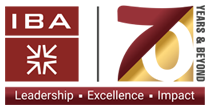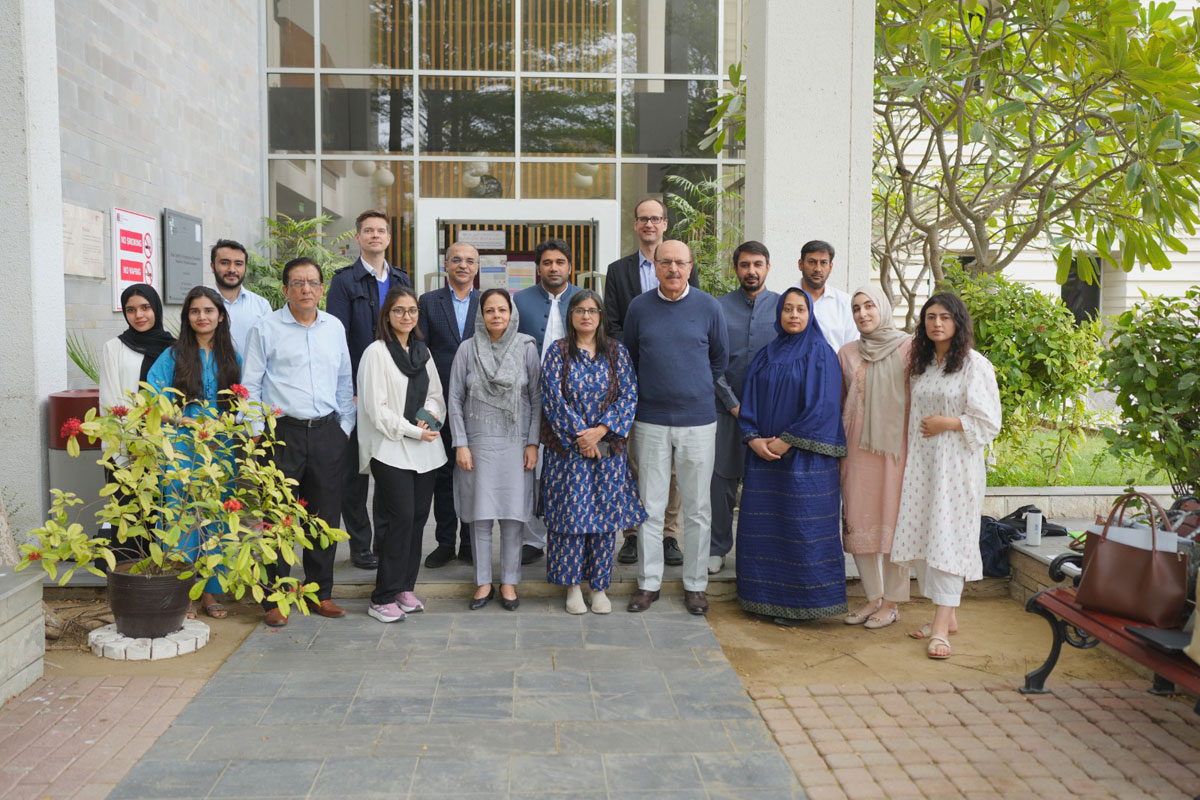IBA-SESS’s Social Inequality Lab hosts a workshop addressing nuances of economic growth and social inequality
March 01, 2024: The Social Inequality Lab at the School of Economics and Social Sciences (SESS), Institute of Business Administration (IBA) Karachi, hosted a dynamic one-day workshop. This workshop served as a platform for distinguished speakers and participants to engage in thought-provoking discussions on the issue of social inequality in today's globalized world.
The event was graced by Former Federal Minister, Dr. Aisha Ghaus Pasha. Executive Director IBA, Dr. S Akbar Zaidi and Dean SESS, Dr. Asma Hyder, gave a welcome note to the participants along with an introduction to the Social Inequality Lab.
Social inequality remains a pressing challenge across economic, political, and cultural domains, necessitating a nuanced understanding and proactive measures for addressing its various dimensions. Recognizing this urgency, the workshop aimed to explore contemporary perspectives and innovative approaches to tackling social inequality.
Distinguished speakers, comprising renowned academics and economists from IBA, Lahore University of Management Sciences (LUMS), and other esteemed institutions, contributed diverse perspectives to the discourse. Topics addressed during the workshop spanned a wide spectrum, including spatial inequality, socially desirable fiscal policy reform, significance inclusive growth, wealth and wage disparities, regional inequalities in maternal malnutrition, and inequalities in opportunities.
The workshop emphasized the critical role of economic growth in reducing inequality by increasing real income, expanding access to essential goods and services, and creating opportunities for socio-economic advancement. All these measures will help towards uplifting individuals out of poverty and expand their opportunities.
Additionally, participants visited the Social Inequality Lab office, where they discussed potential avenues for future research and collaborative initiatives.
This seminar fostered critical discussions, explored emerging research paradigms, stimulated interdisciplinary dialogue on the various dimensions of inequality, and inspired actionable initiatives for a more just and equitable society.

